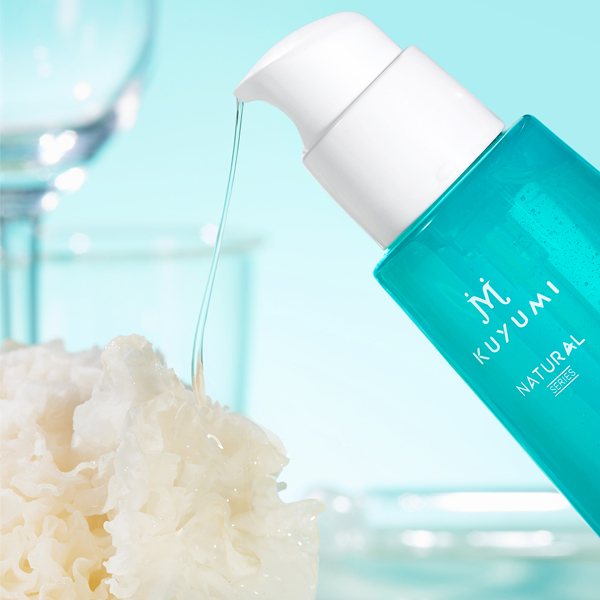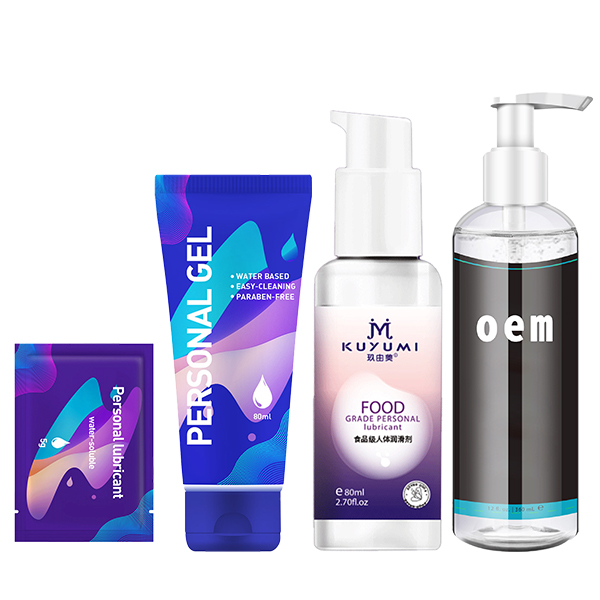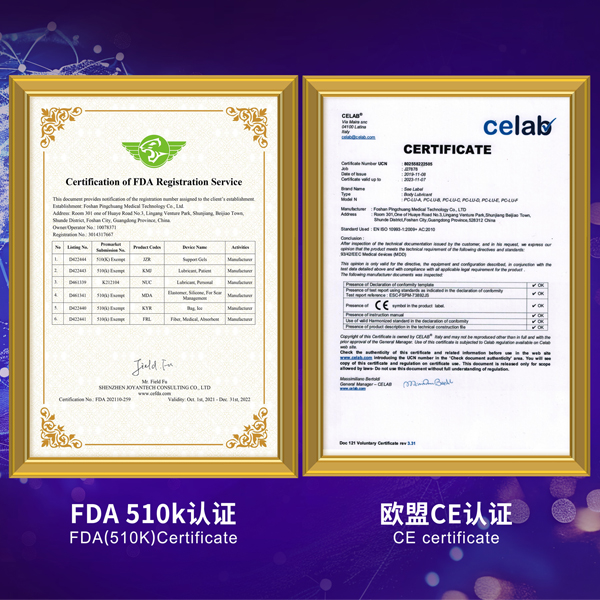In the export trade of personal lubricants, international restrictions on product ingredients must be strictly followed to ensure smooth entry into target markets. Here are some key international restrictions and requirements:

1. Safety Risk Assessment
Personal lubricants must undergo a safety risk assessment to ensure they do not pose a hazard to human health under normal, reasonable, and foreseeable conditions of use. This means all ingredients must be safe and have been thoroughly tested and evaluated.
2. Direct Contact Material Safety
Materials used in direct contact with product packaging must be safe, free from or releasing any substances toxic to humans, and should not cause harm. This includes strict regulations on packaging materials to prevent any possible contamination.

3. Microbial and Heavy Metal Content Restrictions
There are stringent hygiene standards for personal lubricants, including total bacterial count, heat-resistant coliform bacteria, total mold or yeast counts, and limits on heavy metal content such as mercury, lead, arsenic, and cadmium.
Foshan Pingchuang Medical Technology Co., Ltd., specializing in OEM custom processing of domestic brands and export trade of personal lubricants, has passed ISO13485 system certification, EU CE certification, and successfully obtained the US FDA 510(K) certification. This ensures the international compliance of product ingredients. By choosing Pingchuang Medical, exporters can trust the safety and compliance of their product ingredients, facilitating smooth entry into the international market.
